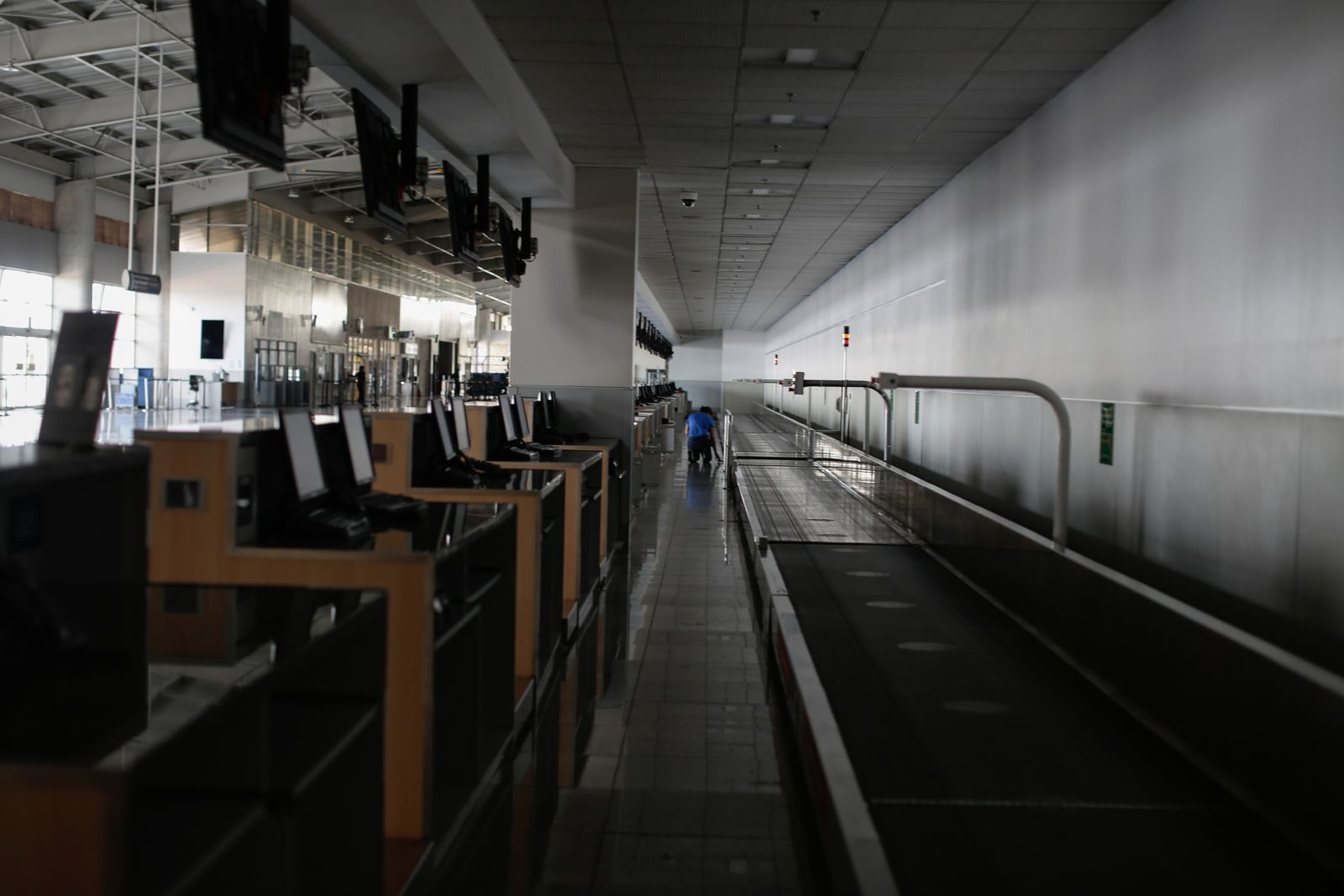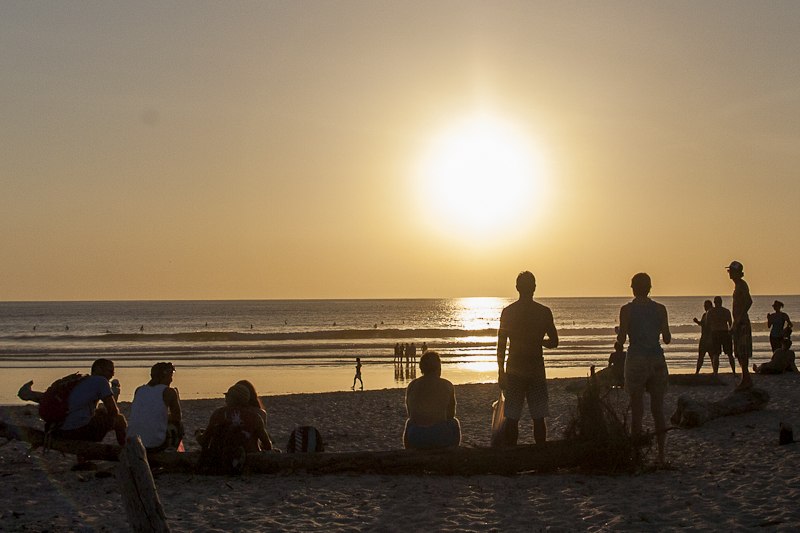
Costa Rica opened its air borders to 44 countries as of August 1. The Minister of Tourism, Gustavo Segura, said during a press conference on July 23 that this is a strategy to reactivate the country’s economy, especially in the coastal tourist areas.
All foreigners must meet four essential requirements:
- Complete the Ministry of Health’s online form with their complete medical history
- Have a negative COVID test result within 72 hours of arriving in the country.
- Have evidence of having lived within the authorized territory during the last 15 days.
- Carry travel insurance that covers COVID expenses.
The Voice of Guanacaste asked several Facebook groups what doubts our foreign readers have regarding travel insurance and health care in Costa Rica.
Once the responses were compiled and organized, we consulted with a travel insurance expert, a specialist on the subject from the National Insurance Institute (INS), and a technical official from the Costa Rican Social Security Fund (CCSS). We also reviewed the guidelines issued by the Directorate of Migration and Foreigners and the Presidential House. Here are the answers:
What is travel insurance for COVID expenses?
It’s like normal travel insurance. The policy covers all types of health emergencies. The only difference is that it also covers medical and operational expenses in the event of catching COVID in the country. That’s how Best Insurance Costa Rica insurance broker Freddy Pacheco explains it.
In Costa Rica’s guidelines for reopening borders, all tourists are required to buy insurance that covers at least $20,000 in medical expenses and $2,000 in accommodations to complete the quarantine period.
Pacheco said that the government requires it because in March, when the World Health Organization (WHO) declared COVID-19 a pandemic, many travel insurance companies excluded the virus from their coverage.
If a foreigner already has travel insurance with which he or she plans to travel to Costa Rica, Pacheco recommends re-reading the contract policies.
“Many tourists thought they could start traveling with the insurance they already had and that wasn’t the reality. They have to read the fine print,” the expert said.
Does Costa Rica accept international travel insurance?
Yes. The Ministry of Health, the Ministry of Security, and the Presidential House issued an executive decree on August 5 that allows foreigners to carry insurance from another country.
The policy must cover a minimum of medical expenses equivalent to the costs of being hospitalized and a minimum of 14 days of lodging. In addition, the insurance data will be verified upon arrival in the country by an agent of the Costa Rican Tourism Institute (ICT).
Even though international agencies offer cheaper policies, Pacheco said that he recommends purchasing the one provided by INS.
“Considering the COVID emergency, we must prioritize speed. A private clinic contacting INS directly is not the same as having to call the Netherlands, where they may have connection problems or any problem out of one’s hands,” he explained.
Do I have to buy insurance to enter Costa Rica if I am a resident?
No. When a foreigner starts the residency process, the person must register with Social Security. However, before traveling foreign residents need to make sure that their payments are up to date with the institution, stated the CCSS director of special coverage, Miguel Cordero. If the resident is not up to date on payments, Costa Rica could deny the individual entry into the country.
“If a foreigner has legal residence in the country and has CCSS insurance in force and up to date, there is no impediment to entering the country and making use of the insurance they already have. It doesn’t matter if the person is only coming for a few weeks of vacation,” Cordero explained.
I am not a resident but I have a house in the country. Can I drop the lodging part of the insurance?
No. The Head of the INS Marketing Subdirectorate, Gerardo Vargas, said that the insurance can’t be divided and the tourist must pay for the complete package.
“These are not INS matters, but rather the tourist has to comply with all of the insurance requirements. Lodging coverage is a non-negotiable requirement,” he stressed.
I don’t have residency status, but I currently live in the country. Can the CCSS take care of me?
In April, the Ministry of Health indicated that any foreigner, regardless of their immigration status, has the right to free care if they have COVID-19.
f the illness turns out to be something else, Cordero stated that CCSS hospitals can treat foreigners even if they don’t have insurance, but the patient has to pay for the expenses after treatment.
Can a tourist with COVID go to a CCSS hospital?
In theory, no. Vargas said that INS will avoid saturating CCSS services with foreign tourists. Therefore, they will try to place their policyholders in private hospitals within their network.
As of a week ago, INS had sold 600 policies to international tourists. To date, none of those travelers have used the insurance.
Although Cordero agrees that CCSS should not be saturated by tourists, if a traveler has COVID symptoms and the closest hospital is run by CCSS, they should be seen there. Subsequently, the insurance company must pay the expenses.
“We are not going to deny urgent care to anyone. It is a principle that we have always made clear. The only difference is that we will bill the expenses to the patient’s insurance company,” explained the CCSS official.







Comments